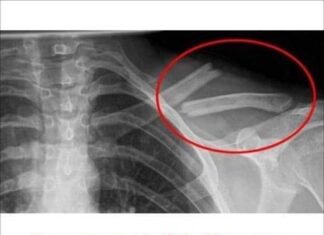BNR’s New Statistical Research Approach: Ensuring Confidentiality and Accuracy
The National Bank of Romania (BNR) has announced a new statistical initiative aimed at gaining deeper insights into the wealth, financing, and consumption patterns of households across the country. This innovative project is designed to gather comprehensive data while maintaining the highest standards of privacy and confidentiality for participants.
The research will take the form of a survey rather than a referendum, focusing on the specific socio-economic conditions that shape household financial behavior. By employing a survey method, BNR aims to collect a diverse range of information from respondents, allowing for a nuanced understanding of various dynamics affecting their financial decisions.
One of the primary concerns associated with any form of data collection is the confidentiality of the information provided by participants. To address this, BNR has emphasized that all data collected will be encrypted and anonymized. This means that individual responses will be safeguarded to ensure that no personal identifiers are linked to the data, thus protecting the privacy of respondents. Such measures are crucial to fostering trust and encouraging participation, as potential respondents can feel secure in knowing that their information will remain confidential.
The focus on anonymity is particularly important given the sensitivity of financial data. Households may be hesitant to disclose information related to their finances, wealth, or consumption habits for fear of exposure. By implementing robust security protocols, BNR seeks to alleviate these concerns, thereby increasing participation rates and enhancing the quality of the data collected.
This statistical research serves multiple purposes. Primarily, it aims to provide policymakers with better insights into the economic realities faced by households. Understanding these dynamics is essential for formulating effective economic policies and financial regulations that can directly impact citizens’ quality of life. The data collected will enable BNR and other stakeholders to identify trends and patterns that may not have been evident before.
Moreover, the findings can contribute significantly to academic research and broader economic studies, allowing scholars to analyze household behavior in a contemporary context. This research initiative marks a significant step toward enhancing the understanding of Romania’s economic landscape as it evolves amid global challenges.
Furthermore, engaging with households through this survey allows the BNR to create a more transparent dialogue with the public regarding economic issues. It also demonstrates the institution’s commitment to being responsive to the needs of its citizens by seeking their input on critical matters affecting their lives.
In summary, BNR’s statistical research into household wealth, finance, and consumption represents a vital step in gathering essential data while prioritizing the confidentiality of participants. The survey format ensures a broader and more varied collection of information, which is crucial for shaping effective economic policies. By utilizing encryption and anonymization methods to safeguard respondents’ data, BNR is fostering trust and encouraging open participation. Ultimately, this initiative is part of a broader effort to enhance economic understanding and improve the quality of life for all Romanians. Through strategic data collection and analysis, the BNR aims to inform policy decisions that can positively influence the economic well-being of households across the nation.






